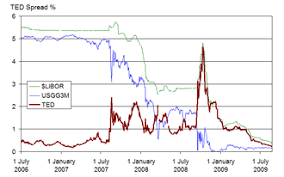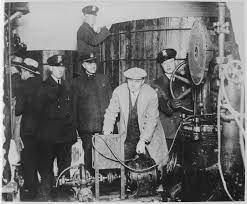The year 1963 was a pivotal moment in United States history, marked by both tragedy and political transformation. Lyndon B. Johnson, who had assumed the presidency after the assassination of John F. Kennedy, played a central role in navigating the nation through these tumultuous times.
Lyndon B. Johnson, often referred to as LBJ, was sworn in as the 36th President of the United States on November 22, 1963, following the shocking assassination of President John F. Kennedy in Dallas, Texas. The nation was in a state of mourning, and Johnson faced the immense challenge of uniting a grieving country while also addressing the pressing issues of the time.
One of Johnson's most significant accomplishments in 1963 was the passage of the Civil Rights Act. Building on the momentum generated by the civil rights movement, particularly the March on Washington for Jobs and Freedom in August 1963, Johnson skillfully guided the legislation through Congress. The Civil Rights Act of 1964 aimed to end segregation in public places and banned employment discrimination on the basis of race, color, religion, sex, or national origin. This landmark legislation marked a major step forward in the ongoing struggle for civil rights and equality in the United States.
In addition to his domestic agenda, Johnson faced challenges on the international front. The Cold War was at its height, and the United States was deeply involved in the conflict in Vietnam. While the United States had been providing military assistance to the South Vietnamese government, Johnson escalated American involvement in 1963, laying the groundwork for the significant military commitment that would follow. The decisions made during this period would shape the trajectory of U.S. involvement in Vietnam for years to come.
Economically, Johnson pursued a bold vision known as the "Great Society." This ambitious set of domestic programs aimed to eliminate poverty and racial injustice. The War on Poverty, a key component of the Great Society, sought to address issues such as education, healthcare, and economic opportunity. Johnson's administration implemented programs like Medicare and Medicaid, which provided healthcare coverage to the elderly and low-income individuals, respectively. These initiatives had a lasting impact on the social safety net in the United States.
Despite these achievements, Johnson's presidency faced increasing challenges. The Vietnam War became increasingly unpopular, leading to widespread protests and dissent. The conflict overshadowed Johnson's domestic agenda and eroded public support for his administration. By the end of the 1960s, Johnson had decided not to seek reelection, symbolizing the political turbulence of the era.





